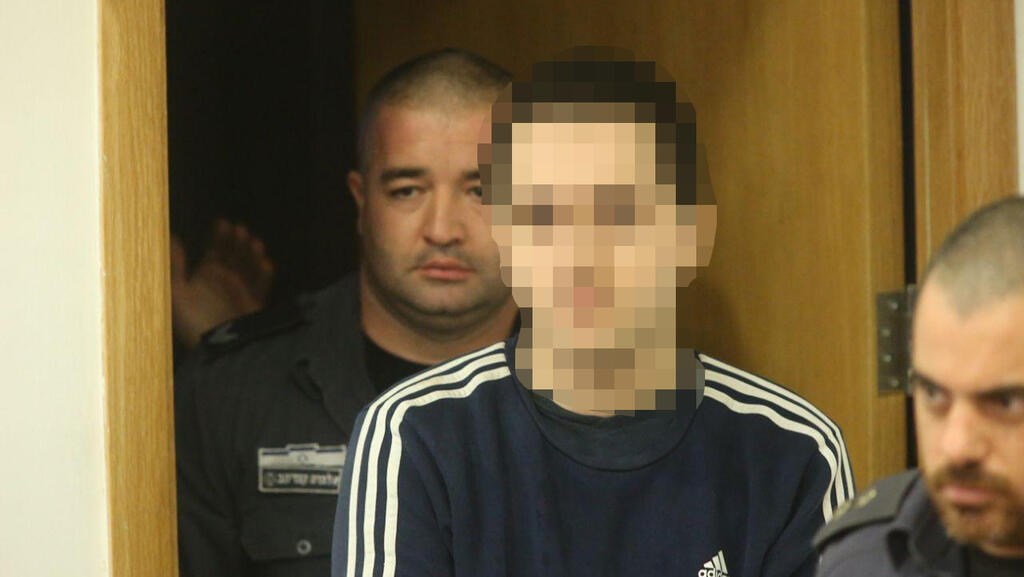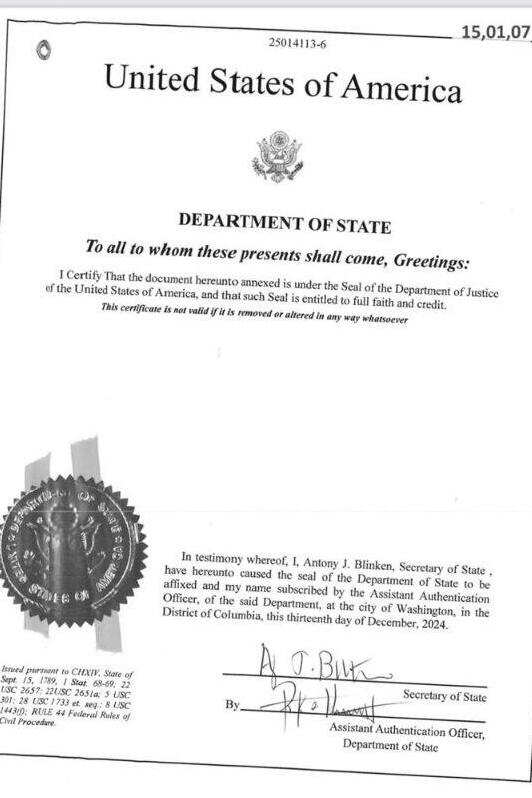Despite a prior understanding, former U.S. Secretary of State Antony Blinken recently requested the extradition of an Israeli citizen known as the "Ashkelon hacker" after he was released from prison in Israel and later arrested in Oslo at Washington’s request.
An internal document from U.S. prosecutors reveals that as early as 2021, Washington and Jerusalem had agreed that the hacker, now 25, would serve his sentence in Israel for crimes he committed when he was a minor. According to the document, U.S. authorities had opposed his early release but never requested or even considered his extradition without his attorney being informed of the agreement.
The hacker, who made hoax bomb threats against Jewish community centers in the United States, Australia, New Zealand and Israel ,as well as against several airlines, served seven years in an Israeli prison. The extradition request — particularly coming directly from Blinken – is unprecedented. The newly revealed document corroborates the claim by his attorney, Nir Yaslovitzh, that his client has already served his full sentence and that there is no legal justification for extradition.
At this stage, Israeli prosecutors have refused to intervene or assist in securing his release from detention in Norway. The hacker, who has high-functioning autism and a brain tumor, has reportedly suffered a severe mental health decline after more than three months in custody. A letter he personally submitted to a Norwegian court raises concerns about his sanity. Meanwhile, a diplomatic cable from Israel’s Foreign Ministry to its counterpart in Oslo warns of serious risks to his life and well-being.
Get the Ynetnews app on your smartphone: Google Play: https://bit.ly/4eJ37pE | Apple App Store: https://bit.ly/3ZL7iNv
These fears are compounded by the fact that he attempted suicide multiple times while incarcerated in Israel. His father and attorney have also criticized Israeli officials for failing to arrange a consular visit. Although the hacker signed a waiver declining such a visit, his family and lawyer argue that his fragile mental state should invalidate that decision. “His life is in danger,” they stated.
Attorney Nir Yaslovitzh condemned the Israeli prosecution's lack of action, saying that it "is shameful that the International Department refuses to assist my client, even though the U.S. has pursued his extradition arbitrarily and outrageously. A formal document, sent in real-time to Israeli prosecutors, confirms that the U.S. agreed he would serve his sentence solely in Israel — yet nothing has been done to save him.”
 Attorney Nir Yaslovitzh
Attorney Nir YaslovitzhThe case of the Ashkelon hacker first made headlines in 2017 when the FBI issued an unusual request to Israel’s cybercrime unit. Investigators alleged that an Israeli citizen had used false identities and hacked into computer systems at U.S. institutions — including airports, hospitals, and Jewish community centers — to make thousands of fake bomb threats. Some of his threats were so credible that planes were rerouted.
Now, years after serving his time, his fate remains uncertain as legal and diplomatic battles continue over his extradition.




